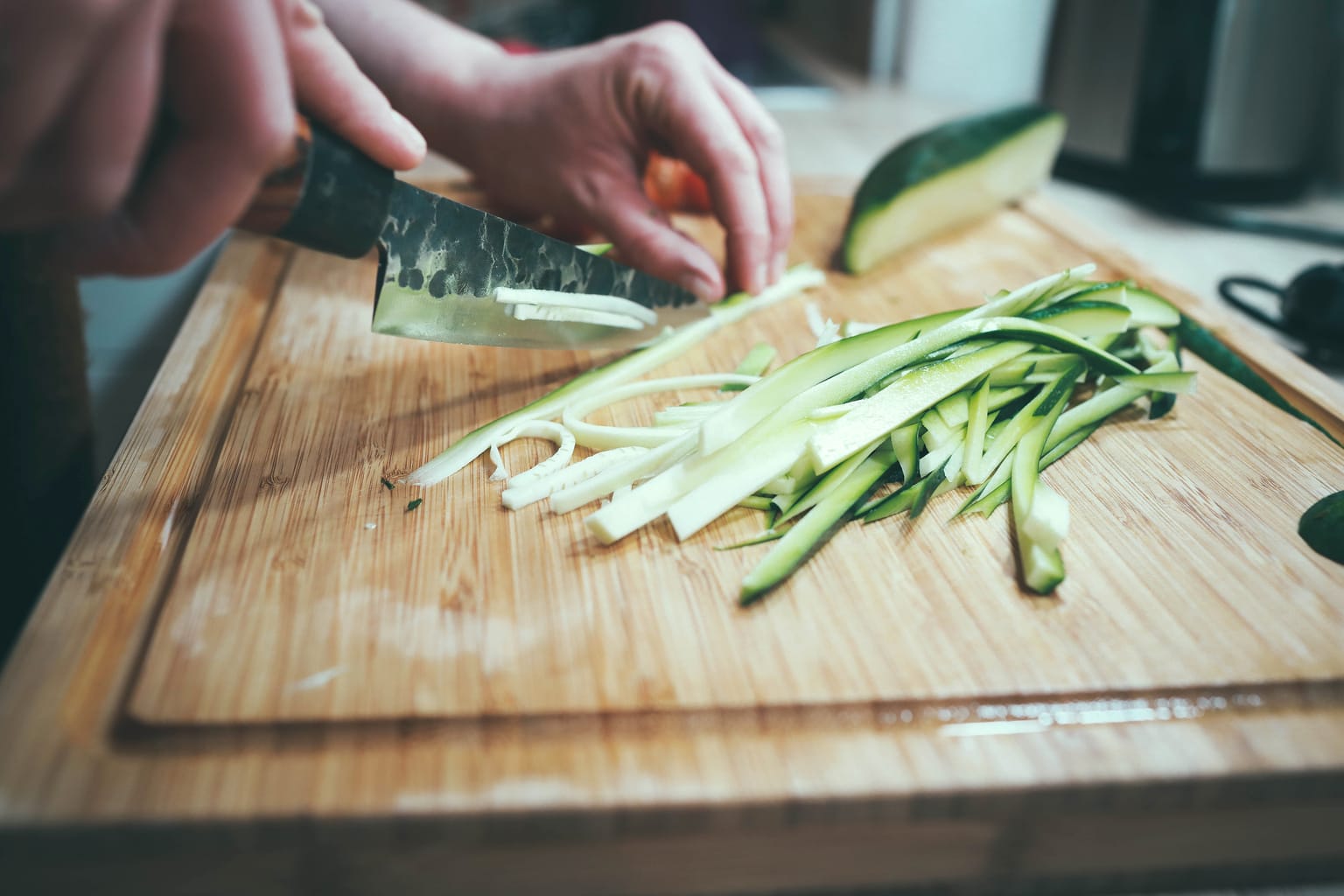
Even though the new semester has just begun for most students, you may already be feeling the pressure. College can feel like a whirlwind even in its slowest seasons. Classes are stressful enough, but when you add in extracurriculars, a social life, and possibly a part-time job, it can be difficult to manage.
College life creates a tricky environment for self-care. This is even more true when you struggle with mental health. When you’re having an anxious or depressive episode, healthy habits often fall away. One of the first to be abandoned is eating well.
Here are some ways you can nourish your body when your mind is struggling.
Eat something.
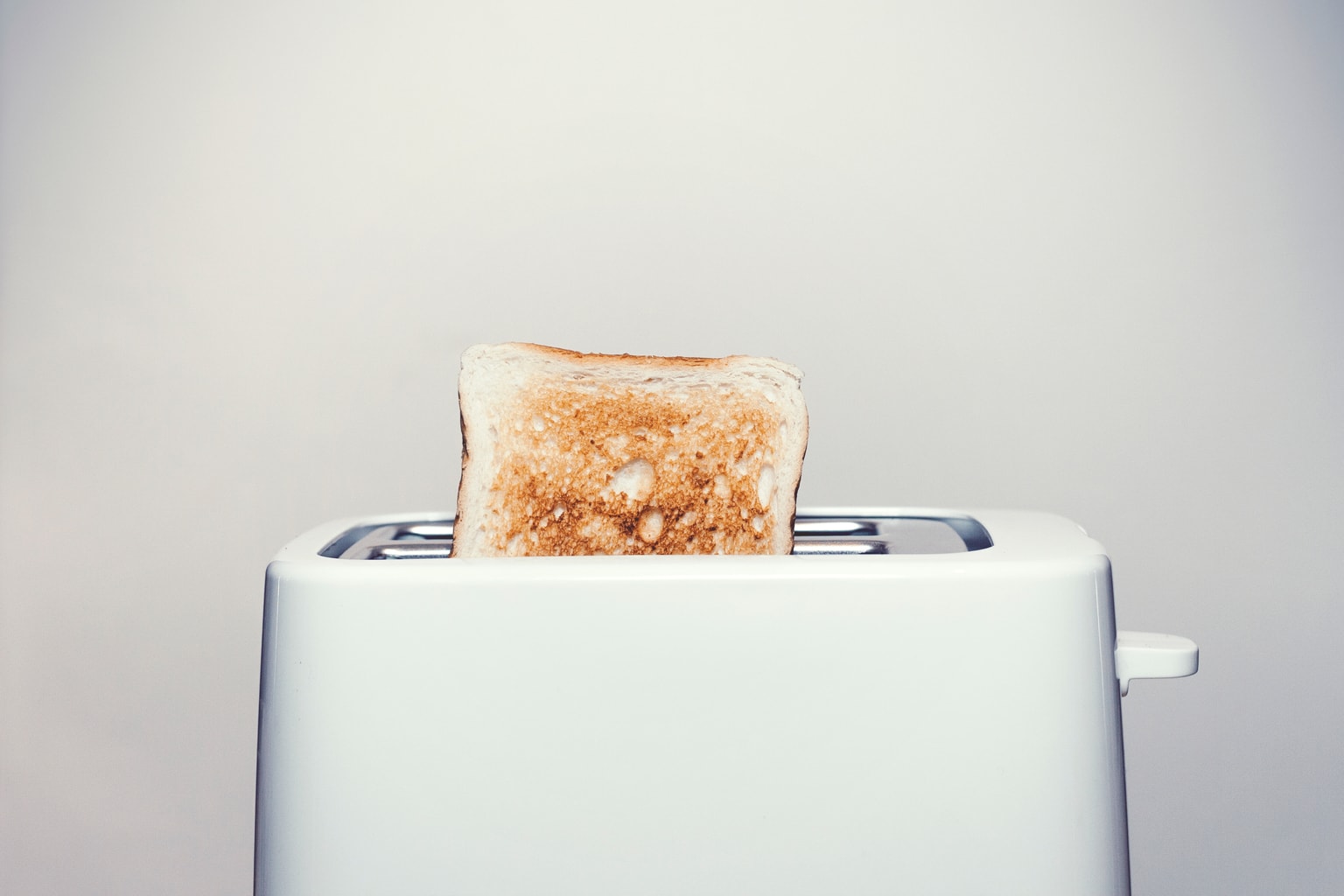
This one may seem self-explanatory. When you’re depressed, though, sometimes having anything to eat can be a battle. A wave of internet jokes about “depression meals” include foods such as sleeves of crackers and plain tortillas, but just “sleep” as well.
While the temptation to simply sleep away whatever faint hunger you feel may be tempting, you need to eat something. Crackers may not be considered a meal, but they’re better than nothing at all.
Stock up on food that’s easy to prepare.
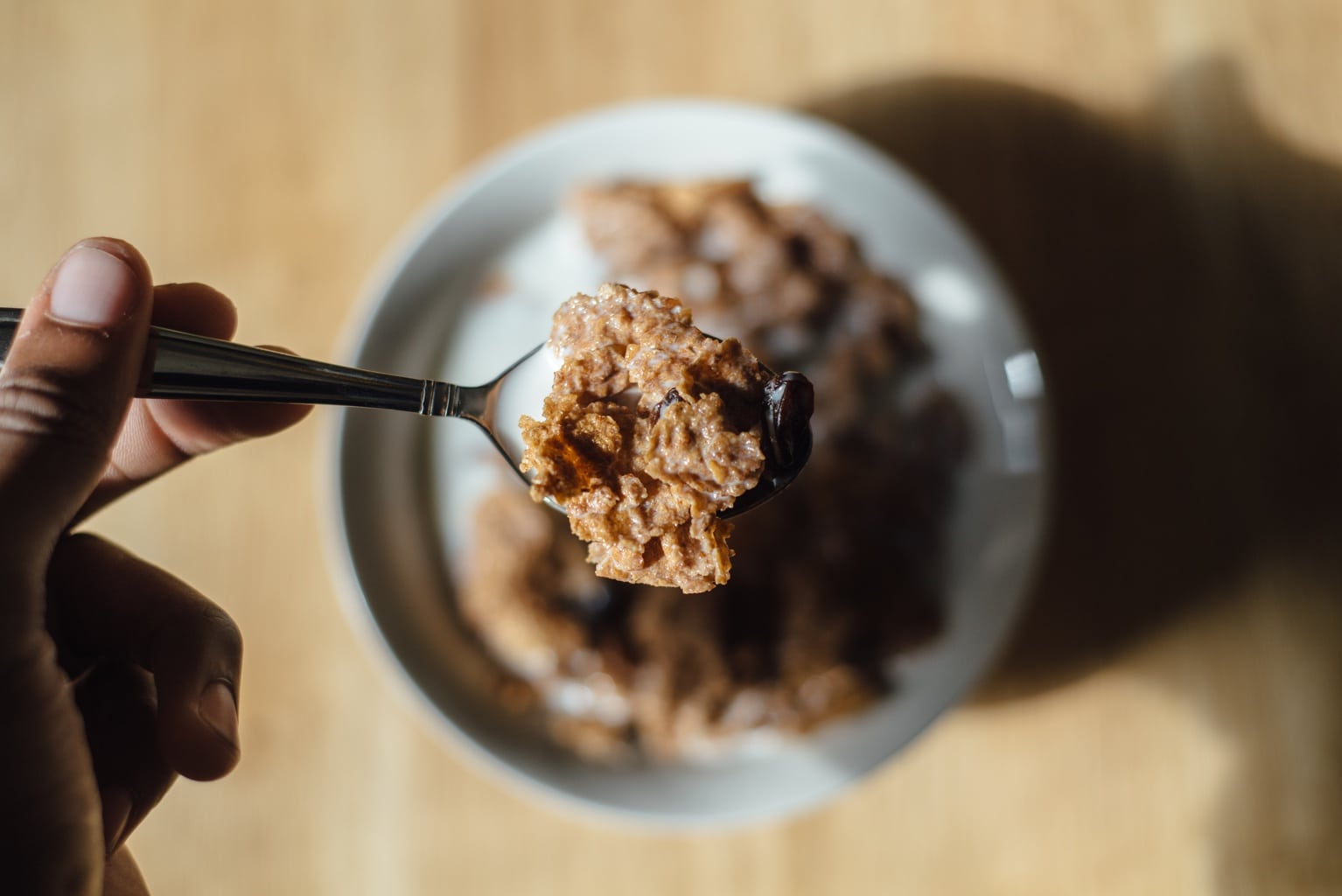
One of the main reasons people eat poorly when they’re having a bad mental health day is that they can’t put in the effort to make food. Even the college staple of ramen seems hard to manage. That’s why keeping frozen and microwavable food on hand can be a good idea.
Thought it might not what you’d normally eat, you may be grateful you have frozen burritos and instant oatmeal around when you can’t manage to make anything else. Something close to a full meal that’s ready in minutes can help your body feel better, so you can focus on your mental health.
Avoid certain foods
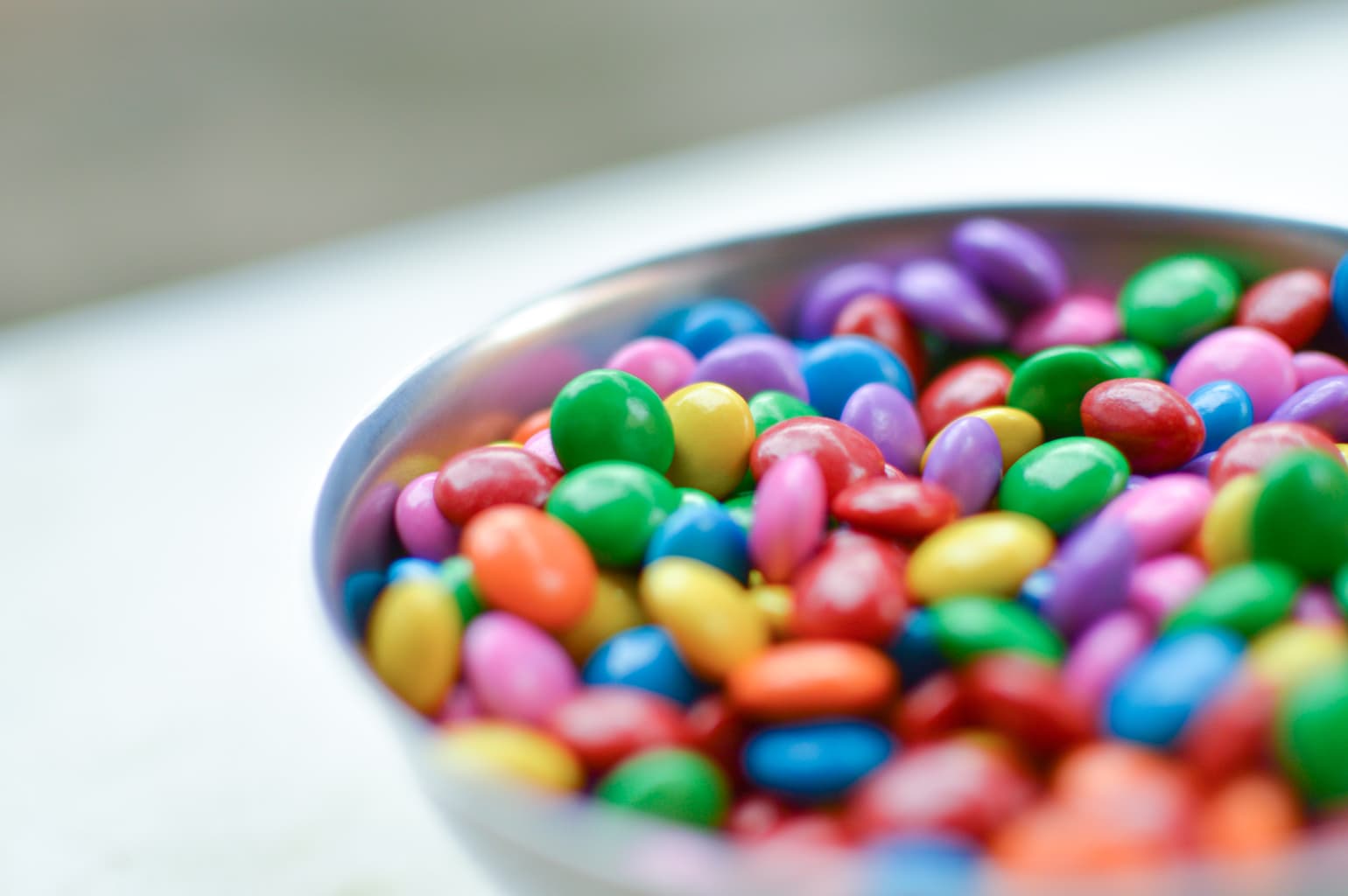
Eating something at all is still important! If you can manage it, though, be mindful about your food choices. You might feel inclined to reach for something full of sugar and carbs (like cookies or ice cream) if you’re in a depressive episode. This craving is caused by a decrease in the hormone serotonin, the lack of which is usually associated with depression.
If you’re having an anxious episode, you’ll likely want sugar as well, along with fatty and salty foods like chips. Anxiety easily tires out your body, making you crave foods that will quickly get your blood sugar up and these are often junk foods. They’ll give you energy for a little while, but sooner or later, you’ll crash and feel worse than before.
Focus on giving your body protein along with some fruits or vegetables, if you can manage it. A peanut or almond butter and banana sandwich takes little effort and will make you feel better in the long run than a pack of Oreos will. Other options include veggies and hummus or fruit and scrambled eggs.
Caffeine is something else to stay away from! You can easily trick yourself into thinking a cup of coffee will chase away the tiredness or help you power through the piles of pending assignments that are giving you anxiety. The awareness coffee may give you will fade away, though, and, if you’re anxious, it’ll likely only make your feelings worse. The same is true of caffeinated tea and soda.
A glass of water can leave you feeling more awake and refreshed than your usual cup of caffeine.
Be kind to yourself.
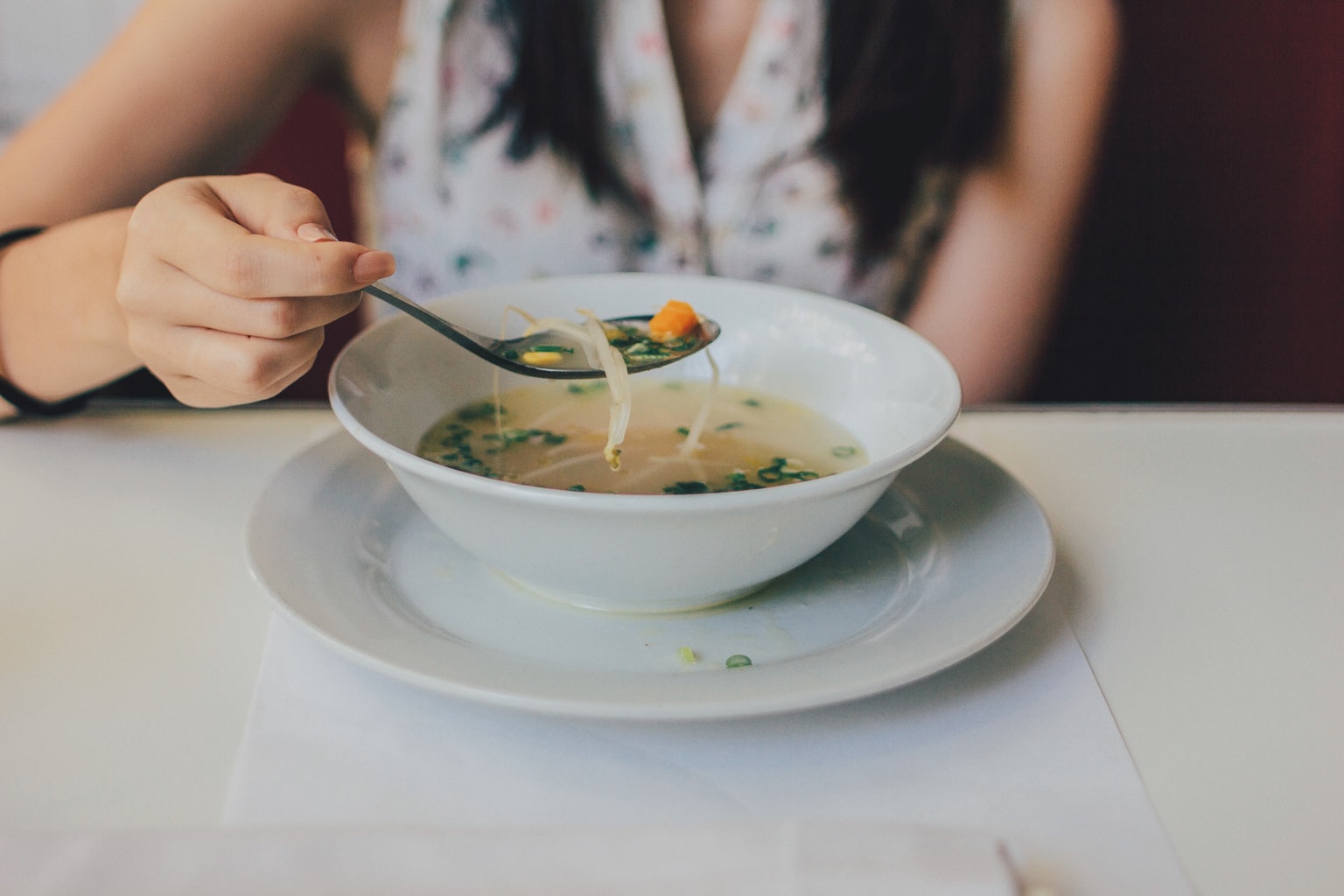
This is the most important tip for maintaining any healthy habits when you’re struggling with your mental health.
It’s natural to feel frustrated and disappointed in yourself when you know you should be making certain choices and you aren’t. You have to allow yourself some kindness, though. It is crucial to be proud of your victories, no matter how small they seem.
If you’re able to make yourself a sandwich, you should be able to consider that an accomplishment. If you eat anything at all, that can be something that makes you proud. Even drinking a glass of water is a positive choice you can feel glad about making.
When you do make eating choices you’re not happy with, don’t be mean to yourself. Think instead about how you’re going to eat the next time you have a bad mental health day. Take a deep breath. Remember that you’re not perfect and don’t have to be. Not eating for one day doesn’t change that expectation.
What do you think?
How do you take care of your body on a bad mental health day? What do you usually eat when you’re having a depressive or anxious episode? Let me know in the comments!
